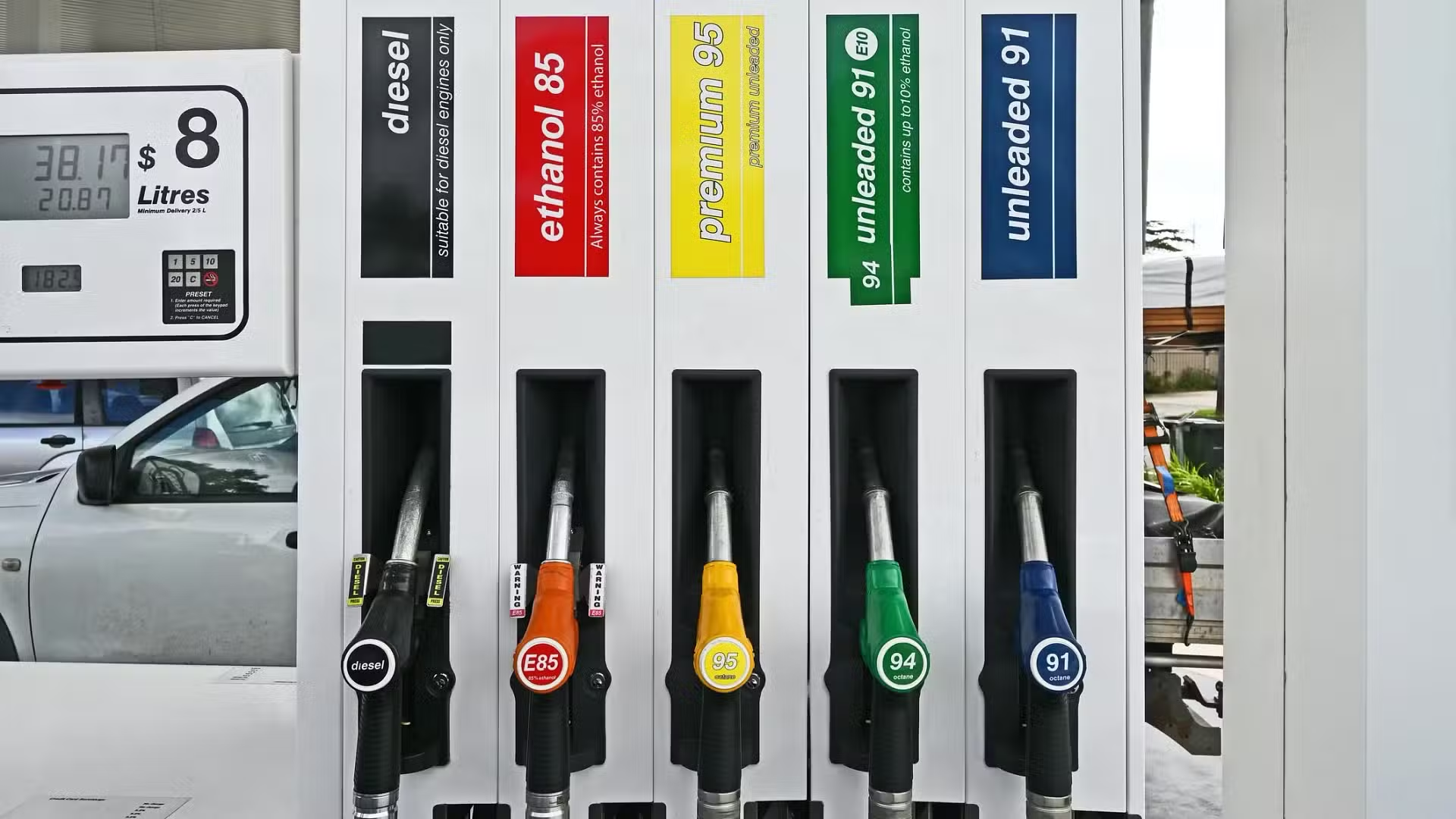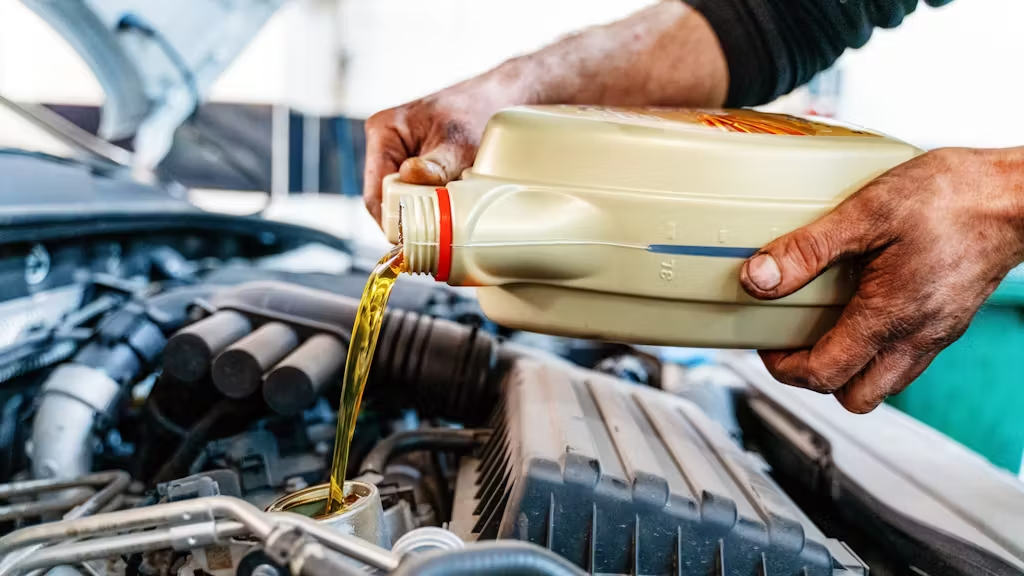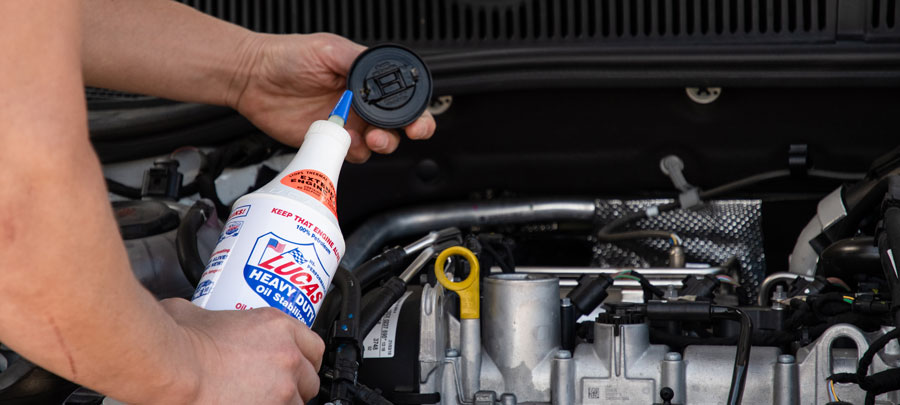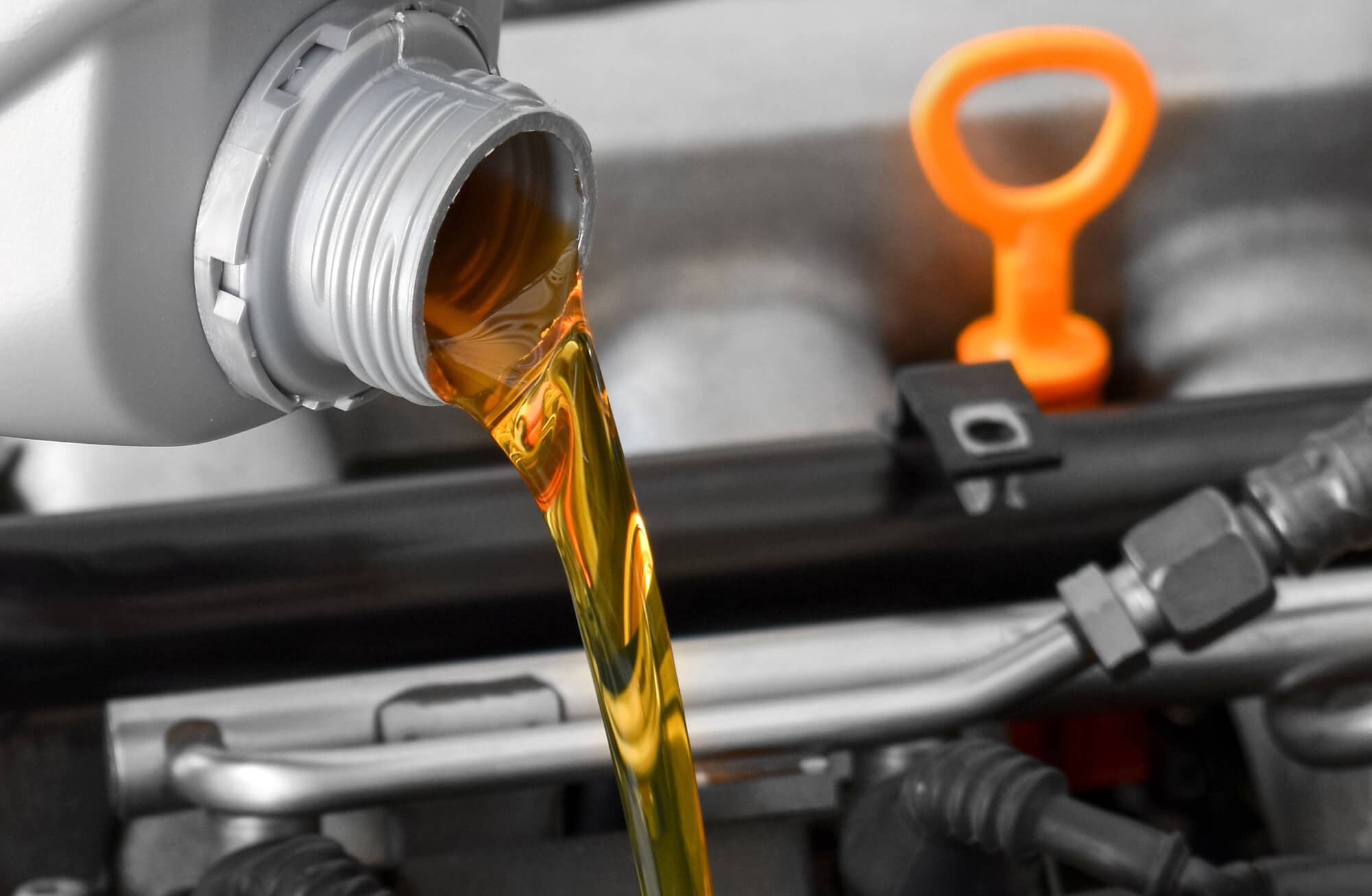From old wives’ tales to urban legends, countless misconceptions about car maintenance have taken root over the years. These myths can lead to unnecessary expenses, wasted time, and even damage to your vehicle. In this article, we’ll debunk some of the most common car care myths and provide you with accurate information to keep your car running smoothly.
The importance of accurate car care information cannot be overstated. By understanding the truth behind common myths, you can make informed decisions about maintaining your vehicle. This knowledge can ultimately save you both money and time in the long run. Whether you’re a seasoned car enthusiast or a novice driver, this article will equip you with the knowledge you need to avoid falling victim to these harmful misconceptions.

Myth 1: Higher Octane Fuel Improves Performance in All Cars
A common misconception among drivers is that higher octane fuel will boost the performance of any vehicle. However, octane ratings measure a fuel’s ability to resist engine knocking, not its power potential. Regular fuel typically has an octane rating of 87, while premium fuel ranges from 91 to 94. High-performance or turbocharged engines require premium fuel to prevent knocking, which occurs when the fuel combusts prematurely.
If your vehicle’s manufacturer recommends regular fuel, using higher octane won’t offer any noticeable benefits. In fact, it’s often an unnecessary expense. In fact, it may result in unnecessary expenses without providing any tangible benefits. Instead, it may only burn a hole in your wallet without any return on investment.

Myth 2: Frequent Oil Changes Are Essential for All Cars
One of the most persistent myths in car care is that all vehicles require frequent oil changes, often as soon as every 3,000 miles. However, the reality is that modern engines and advanced oil formulations have significantly changed how often your car needs fresh oil. The appropriate oil change interval is determined by several factors, including your vehicle’s make, model, and the type of oil it uses. For many modern cars, the recommended oil change interval ranges from 5,000 to 10,000 miles. In some cases, it can be even longer when using synthetic oils.
Overchanging oil not only wastes time and money but also contributes to unnecessary environmental impact. Excessive oil changes can add to oil waste and increase your vehicle’s overall maintenance costs without any added benefits to performance or longevity.
To determine the best oil change frequency for your specific vehicle, consult the manufacturer’s guidelines found in the owner’s manual. Additionally, factors like driving conditions, climate, and your personal driving habits can affect how often your oil should be replaced. Regularly checking your oil level and quality is essential for ensuring your engine runs smoothly. This practice helps prevent excessive maintenance while keeping your vehicle in optimal condition.

Myth 3: Premium Gasoline Cleans Your Engine
Premium gasoline is often marketed as a miracle elixir for your car’s engine, with claims that it keeps your engine cleaner and running more efficiently. While this sounds appealing, the reality is that premium fuel alone isn’t the magic cure-all it’s made out to be. Most gasoline, regardless of grade, contains fuel additives that help prevent carbon buildup and keep your engine clean. These additives are mandated by law and found in both regular and premium fuels.
The higher octane in premium gas is designed for high-performance engines, but it doesn’t have any extra cleaning power compared to regular fuel. If your car is built to run on regular gas, premium won’t do much to improve cleanliness or performance. If engine cleanliness is a concern, it’s more effective to focus on routine maintenance. You can also use fuel system cleaners specifically recommended by your manufacturer. So, unless your vehicle’s manual explicitly calls for premium gasoline, you can skip the pricey pump option without worrying about sacrificing engine health.
Myth 4: Warming Up Your Car in Winter is Essential
When winter arrives and temperatures plummet, many drivers believe that letting their car idle for several minutes is crucial to prevent engine damage. While it’s true that cold weather can affect engine performance, modern cars don’t require extended warm-up times. In fact, idling for too long can be more harmful than helpful.
Benefits of Warming Up in Extreme Cold
During freezing conditions, your engine oil thickens, and warming up the car ensures it flows smoothly to lubricate all the necessary components. Warming up your car for about 30 seconds to a minute helps the engine adjust to the cold, initiating the warming process. This brief period also begins to heat the interior, making for a more comfortable drive.
Drawbacks of Excessive Idling
Excessive idling not only wastes fuel but can also cause wear on your engine’s components, particularly in newer cars designed to be efficient right from the start. Prolonged idling can lead to carbon buildup in the engine, which may reduce fuel efficiency and increase emissions. Plus, you’re just burning gas unnecessarily while going nowhere.
Tips for Efficient Warm-Up
The best way to warm up your car is to start driving gently after 30 seconds to a minute of idling. This allows the engine to heat up faster as it works, while also conserving fuel. If you’re dealing with icy conditions, focus on clearing your windshield and mirrors for visibility. Also, trust that your engine will reach its optimal temperature within the first few minutes of driving.

Myth 5: Adding Lucas Oil Stabilizer Improves Engine Performance
Lucas Oil Stabilizer is often marketed as a miracle product that boosts engine performance, extends oil life, and reduces engine wear. Its advocates claim it can help maintain engine longevity, particularly in older vehicles. However, there are potential downsides that drivers should be aware of before pouring any additives into their engines.
Claims Made by Lucas Oil Stabilizer
Lucas Oil Stabilizer is marketed as a remedy for reducing dry starts, lowering oil consumption, and enhancing engine performance by thickening oil and improving its lubrication properties. It aims to enhance oil viscosity, which can lead to better performance in high-pressure conditions and worn engines. However, while it may offer some benefits, potential risks include interference with engine design and oil flow. Ultimately, relying on high-quality oil and following manufacturer recommendations is a safer approach to maintaining engine health. Some drivers swear by it, believing that it adds an extra layer of protection to their engine, especially during extreme driving conditions.
Risks of Using Engine Additives
- Interference with Engine Design: Modern engines are designed with precise tolerances and rely on the specific viscosity of oil recommended by the manufacturer. Adding oil stabilizers can alter the oil’s properties, which may disrupt its intended function. This disruption can cause the engine to work harder than necessary, potentially leading to increased wear and tear.
- Potential Oil Over-thickening: Oil stabilizers like Lucas can make the oil too thick, particularly in cold weather. This can lead to poor oil flow, especially during startup, which can cause inadequate lubrication, increase engine wear, and even damage internal components over time.
- Clogged Oil Passages: Thicker oil can sometimes clog oil passages, filters, and sensors, leading to restricted oil flow. This can result in overheating and damage to vital engine components like pistons and bearings.
- Over-reliance on Additives: Using an oil stabilizer as a fix for an underlying issue can be problematic. If an engine is already worn or consuming oil excessively, adding stabilizers might mask the symptoms temporarily, but won’t solve the root problem. Regular maintenance and addressing the actual cause of engine issues are much better long-term solutions.
In short, don’t waste time idling. A quick start and steady driving are more than enough to protect your car in winter.

Conclusion
Car care myths can lead to costly mistakes, unnecessary repairs, and even potential damage to your vehicle. The key takeaway is that many of these myths are either based on outdated practices or are simply unnecessary for modern vehicles.
Following your manufacturer’s recommendations is the most reliable way to ensure your vehicle stays in optimal condition. These guidelines are based on rigorous testing and are specifically tailored to your car’s design and needs.
Before implementing any advice, always research and verify information from trustworthy sources.



